Newcomer Guide: Greater Vancouver Area, BC
- This Maple Life
- Feb 9, 2023
- 8 min read
Updated: Apr 21, 2024
There are numerous factors to consider when relocating to another country; culture and language are only the tip of the iceberg. In this guide, we'll walk you through a basic checklist of things to consider before making the big move to Canada.
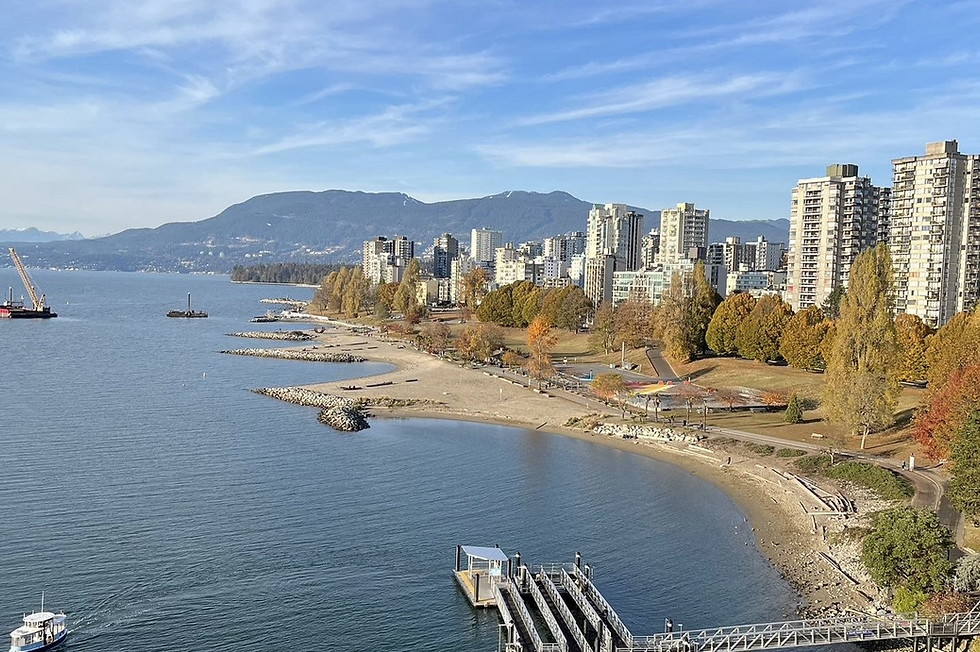
As a newcomer to BC, First things firsts, what areas are included in Greater Vancouver?
The Greater Vancouver area (GVA for short) is located in the southwest corner of mainland British Columbia, Canada, and is a beautiful natural and urban area with 21 municipalities, with Vancouver being the most populated region. These municipalities have been working together to grow since 1886.

Housing
There are different types of accommodations in the Greater Vancouver area, including: apartments, basement suites, shared rooms, and also entire houses. To search for the perfect place for you, you can use the following pages: Rentals.ca, Kijiji, Facebook Marketplace (which is a good tool because of its large user base and extensive range of listings) and the most popular, Craigslist.
When searching for a place to live, it's important to exercise caution to avoid falling victim to scams. We advise you to visit the property in person before committing to rent it and make payments via secure methods such as E-Transfer instead of cash. Additionally, be sure to sign a rental contract to protect yourself legally. Keep in mind that the deposit required is typically equal to half of your rent. For more information about tenant rights, please visit the Tenancy Agreements.
Here is a list of rent price examples in each of the 21 municipalities for a two-bedroom, kitchen, living room, and one-bathroom in April 2023.
MUNICIPALITY | TYPE OF STAY | AVERAGE PRICE |
Apartment | $3,550 | |
Basement suite | $2,000 | |
Basement suite | $2,300 | |
Condo | $2,500 | |
Apartment | $2,400 | |
Apartment | $2,450 | |
Basement suite | $2,100 | |
Apartment | $3,174 | |
Garden suite | $2,000 | |
Apartment | $2,500 | |
Apartment | $2,400 | |
Basement suite | $2,400 | |
Basement suite | $2,200 | |
Ground floor | $1,850 | |
Basement suite | $2.195 | |
Apartment | $2,775 | |
Basement suite | $2,400 | |
House | $2,850 | |
Information Unavailable | - | |
Apartment | $2,400 | |
Apartment | $2,900 |
Note:
*It's important to keep in mind that many rental properties do not include utilities as part of the monthly rent.
Transportation
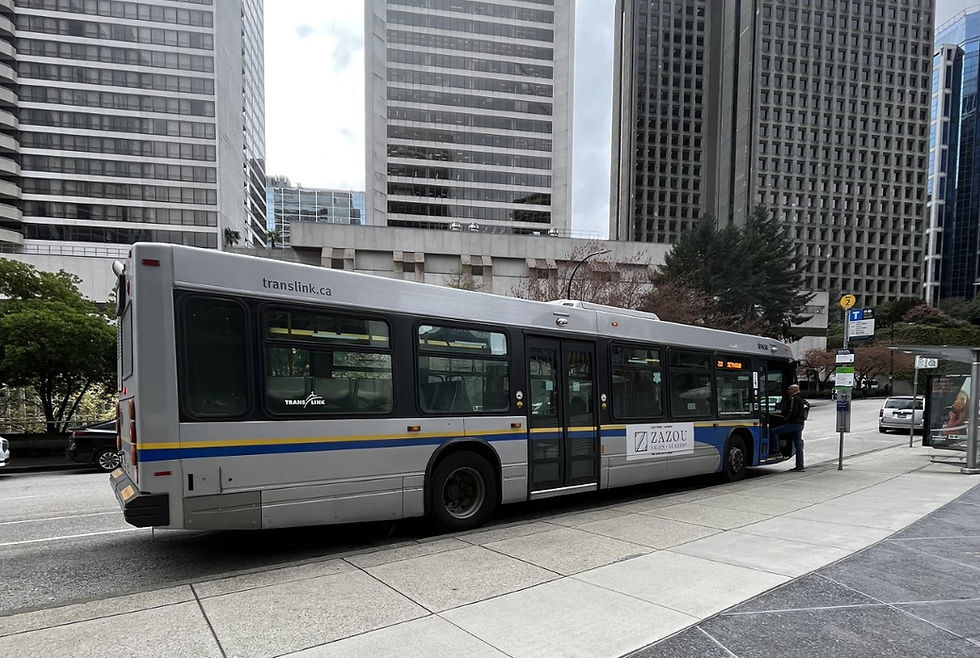
As a newcomer to BC, before moving to a municipality within the Greater Vancouver Area, consider how you will get around the city and what type of commute to work you will have to do (if any).
TransLink BC: The Greater Vancouver area has a good public transportation network including buses, Skytrain and the SeaBus ferry service. You can get more information about schedules, routes and fares on the TransLink website.
Car share: In some of the municipalities there is car sharing services available. Car sharing is a model of car renting in where a company offers conveniently located vehicles for rent during a short period of time. Usually, you pay an annual membership and then pay according to the use of the vehicle, either in kms or hours used (with an option to rent for the entire day). Two of the most popular companies offering these services are Evo Car Share and Modo.
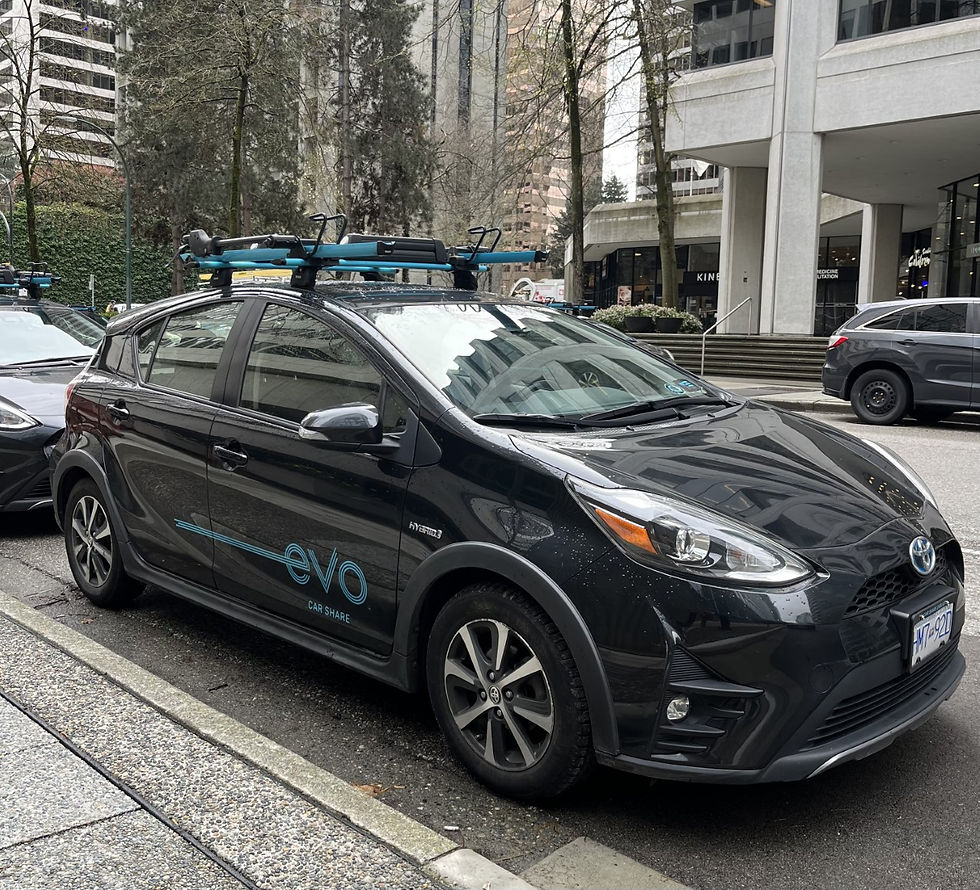
Car sharing is a convenient and affordable way to get the perks of having a vehicle without all the added costs (such as gas, parking and insurance). In some, you can even register with your home-country license!
Note: Do not forget that if you have small children you must use a seat approved according to their age and weight. Here's a link to the ICBC website where you can check what type of seat you would need for your child.
Owning a vehicle: Owning a vehicle can provide a great sense of freedom and mobility. If you are planning on becoming a car owner, make sure to budget for insurance, gas and parking alongside regular car lease or financing payments, and maintenance fees.
Additionally, BC has strict laws surrounding traffic violations so make sure to familiarize yourself with the rules of the road beforehand.
Important fact: As a new immigrant in the province you can use your driver's license for up to 6 months from your arrival, after this period ICBC requires a valid license from the province. Some countries have an agreement with Canada in which you can deliver your home country's driver's license and obtain the one from the province, but many others do not, so you will need, in addition to delivering your country's license, to take a theoretical and a practical exam to obtain the province's license. To learn more about getting a drivers licence in BC click here ICBC.
Tip: If you are able, when planning to move to the Greater Vancouver Area, bring the certificate of your license from your country as well as any proof of driving history you may have (such as insurance papers from the past). If you can prove that you have a clean driving record you will be able to reduce the monthly payment of your car insurance according to the years of experience you have.
Health insurance

When moving to a new country it is imperative to make sure you have adequate health insurance. If you are moving to Canada as a permanent or temporary resident you will be eligible to enrol in the Medical Services Plan (MSP for short). Learn more about eligibility and coverage by following clicking here.
Note: There is usually a 3-month wait period for MSP coverage, in which you would need to acquire private health insurance.
If you are visiting Canada without a resident status (with a stay shorter to 6 months), you would need private insurance. Three of the most popular health insurance companies in BC are: Pacific Blue Cross, Manulife, and Sun Life.
Banks and finances
Opening a bank account in Canada is an important step for newcomers to establish their financial identity.
If you're a newcomer and looking to open a bank account, these are some of the major banks in Canada:

Royal Bank of Canada (RBC)
Toronto-Dominion Bank (TD)
Bank of Nova Scotia (Scotiabank)
Bank of Montreal (BMO)
Canadian Imperial Bank of Commerce (CIBC)
Many of these banks have card options for new immigrants with low interest rates that can be tailored to your needs.
To open a bank account in BC, you will typically need to provide identification documents, such as your passport and/or driver's license, proof of address, and your immigration status documents. Some banks may also require additional information or documents.
In terms of setting a financial plan, it's important to consider your short-term and long-term goals, such as saving for a down payment on a home or retirement. You can also take advantage of financial planning resources (which are free of cost) offered by banks, such as RBC Financial Planning or TD Financial Planning, or community resources like the Financial Consumer Agency of Canada which is filled with educational resources and handy tool such as this budget planner.
Documentation

As a newcomer to Canada, it's important to obtain the necessary documentation to establish your identity and status in the country. One crucial document to obtain is a Social Insurance Number (SIN), which is a nine-digit number issued by the Canadian government that identifies you for tax and employment purposes. To apply for a SIN, you will need to provide certain documents, such as your passport and/or work permit, and fill out an application form. You can apply for a SIN in person at a Service Canada Centre or online if you are eligible.
In addition to a SIN, other important documents for newcomers include your permanent residency card, citizenship certificate or immigration documents (work or student permit), which demonstrate your legal status in Canada. As mentioned in the sections above, it's also recommended to obtain a driver's license or provincial ID card, as well as health insurance coverage through the provincial health care system or private insurance.
It's important to keep these documents safe and secure, as they are necessary for accessing essential services and benefits in Canada. You may also need to provide these documents when applying for a job, renting a home, or opening a bank account.
Clothing and equipment

Building a wardrobe for Greater Vancouver doesn't necessarily mean you will need to spend a great deal of money. The average temperature throughout the year in this area is 11 C with summer being short and warm and the winter being long and wet. Average precipitation in Vancouver alone is 146 cm annually.
When looking for clothing and equipment make sure to look for high-quality, versatile pieces that can be worn in different seasons and invest in a few key items like a warm coat, waterproof boots/shoes, and a warm sweater. Checking out your local thrift store or browsing on Facebook Marketplace is always a good! Also, joining you local buy-nothing group in Facebook is a great way to give and receive locally (just look up on Facebook "Buy Nothing Group + the name of the area you live). Last but not least, if you have a little one in your life you could benefit from visiting Once Upon a Child, a store that sells and buys gently used kids clothing, shoes, toys and baby gear.
Here are some helpful links for someone attempting to build a wardrobe on a budget in the GVA:
Food and supplies

In the Lower Mainland we have all kinds of supermarkets, from small corner stores to large grocery chains. When moving to the GVA you should consider how much your budget is for food and supplies and what priorities you are looking for when searching for a supermarket. If you are a person who prioritizes organic food, you will find Whole Foods or Choices Market to be a good fit. If you looking for a popular grocery chain that offers plenty conveniently situated locations and a variety of food options and prices, you will find Safeway, Save-on-foods and Citymarket a great fit. But if what you are looking for is more variety and affordability then Real Canadian Superstore or Walmart would be the best choice.
Last but not least, Costco is one of the best options price-quality wise, however do not forget that to enter this store you require a membership so you would need to factor in that price.
Internet connection and telephone services
Procuring internet and cellphone services when moving to the GVA can be a straightforward process. Firstly, it is recommended to research and compare different providers to find the best deals and packages that fit your needs. Some popular internet and cellphone service providers in the Greater Vancouver Area include Telus, Shaw, Fido, Rogers, and Freedom Mobile. It's a good idea to compare the prices, plans, and coverage areas of these providers to determine which one offers the best value and service for your needs. Additionally, Many providers offer bundle deals that can save you money, so it's worth considering signing up for both internet and cellphone services from the same provider.
When setting up your services, be sure to confirm any installation fees, contract lengths, and cancellation policies to avoid any unexpected charges or penalties. It's also a good idea to check coverage areas and signal strength for your chosen cellphone provider, especially if you plan on using your phone for work or other important communications.
If you are looking for a 'no commitment pay-as-you-go' option, you could always buy a chip at a 7-Eleven that does not require you to take a monthly plan and only recharge when you need it.
In conclusion
Moving to the Greater Vancouver area can be a daunting task, but with proper preparation and planning, it doesn't have to be overwhelming. By researching the area, securing housing, and procuring essential services like internet and cellphone, you can make the transition smoother and stress-free. Additionally, taking advantage of resources like thrift stores, Facebook Marketplace, and local food sources can help you save money and support the community. Whether you're moving for work, school, or a change of scenery, the Greater Vancouver area has plenty to offer, from stunning natural beauty to a vibrant cultural scene. With a little preparation and a positive mindset, your move can be the start of an exciting new chapter in your life.
We hope this information is helpful to you in your new life in the Greater Vancouver Area. Welcome to Canada!
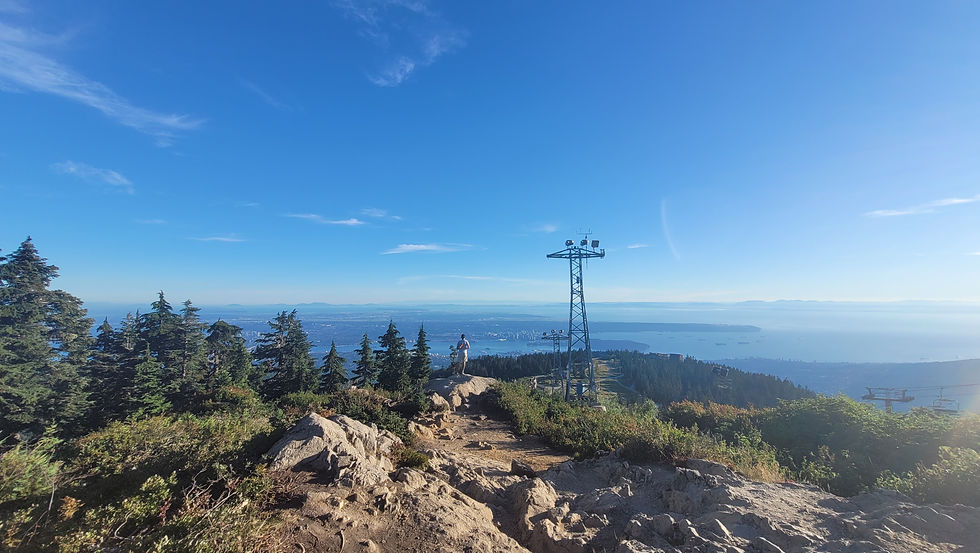
_edited.png)





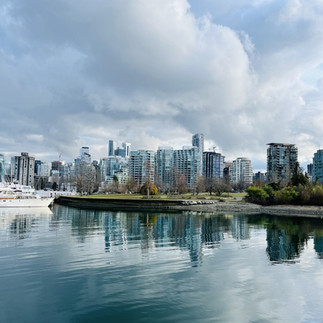




Commentaires